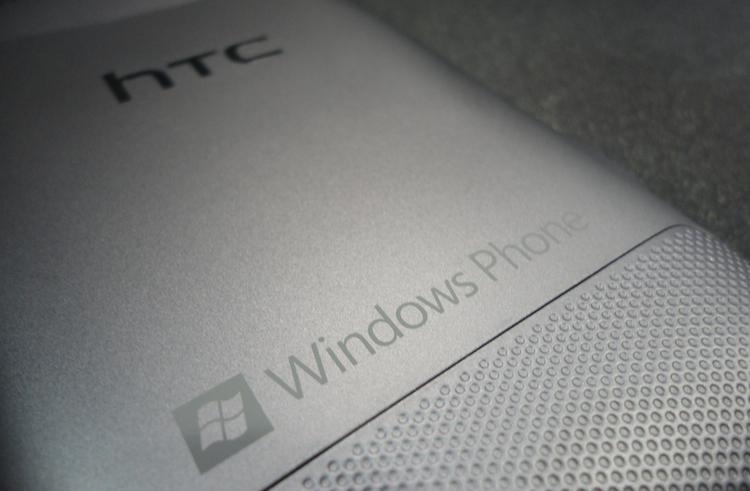
We all have been wondering if and when Microsoft's Windows Phone platform would take off here in the States. To date, Microsoft only has about four percent of the total U.S. smartphone market share, yet they remain confident that Windows Phone will eventually gain traction and adoption. And rightfully so. They have deep pockets, continue to earn money through licensing to Android manufacturers and have created some huge partnerships and marketing campaigns to raise awareness.
Still, as Eric Zeman points out, there are some hurdles Microsoft has yet to overcome – one especially that many of us have likely overlooked. In an article for InformationWeek, Zeman writes:
"As far as Google is concerned, Microsoft's Windows Phone platform doesn't really exist. For people who've invested in Google's online services, Google's lack of support for the Windows Platform is a real problem--one that Microsoft should be tackling head on."
He further explains that Microsoft would prefer that consumers use their services – like Microsoft Office, SkyDrive, Bing, etc. – instead. Fully-functioning support for these services can be found in Windows Phone out of the box, yet searching Windows Phone Marketplace for a Google Docs or Google Voice app won't yield anything official. You may find some third-party alternatives, but, as Zeman explains, those are likely to simply be shortcuts to the mobile site encased in an application, far inferior to what Google would create. He contrasts this with iOS, which does get official applications and services support from Google.
None of this is to say you can't use Google services fromzWindows Phone. You can. The experience, however, is what's lacking. Instead of having a dedicated, Google-made Gmail app, you will either have to succumb to using a mobile site or Windows Phone's built-in email option. Either way, you will not get the full functionality of a native Gmail application and will be at the mercy of whatever features Microsoft feels their native email function warrants.
The point is, ignoring the fact that Google is a driving force in the online world is not helping Microsoft's cause. Enemies or not, Microsoft should be sucking up to Google in order to get official Google apps on Windows Phone.
To shed light on the same issue from a different perspective, Zeman asks, "Put another way, how many iOS device users do you think Apple would retain if suddenly the majority of Google's mobile apps/services weren't available to the iPhone or iPad?"
This is something I have touched on the the past, even in my recent article about why I feel the need to carry two phones every day. I said that if I had to choose between Android and iOS, it wouldn't be a difficult decision to make – I would have to pick Android, simply for how invested I am in Google's services. I, for one, heavily rely on Google Voice, Google Maps, Google Docs, Google Talk, Gmail and several other Google services for both personal and work purposes. This is exactly why I no longer own an iPad and have instead opted for various Android tablets over the past year.
That's even with Google offering a large number of its services for iOS devices. If, for whatever reason, support for Google services on iOS was revoked, I would have even fewer reasons to own an iPhone or iPad. With hardly any official Google apps and services on Windows Phone, though, I'm left somewhat crippled by the platform – incapable of taking care of business and operating via mobile as I would from an Android device.
I've already said several times that I want a Nokia Lumia 900. It is a sleek and sexy device that really highlights and compliments Microsoft's new software quite well. And it's being offered for a killer price to boot. However, if I were to own one, much like the iPhone is now, would only ever be a secondary device. Google really has me locked in to its ecosystem.
Creating an alternative isn't always sufficient. If Microsoft wants their platform to really take off, they just may need Google support to do it.
What about you, ladies and gents? Is Windows Phone's lack of Google apps and services support your reason for holding off? Or could you see yourself transitioning to Microsoft's services instead? If Google support in iOS were to totally disappear (which isn't out of the question), would you keep your iOS device? Or switch to Android?